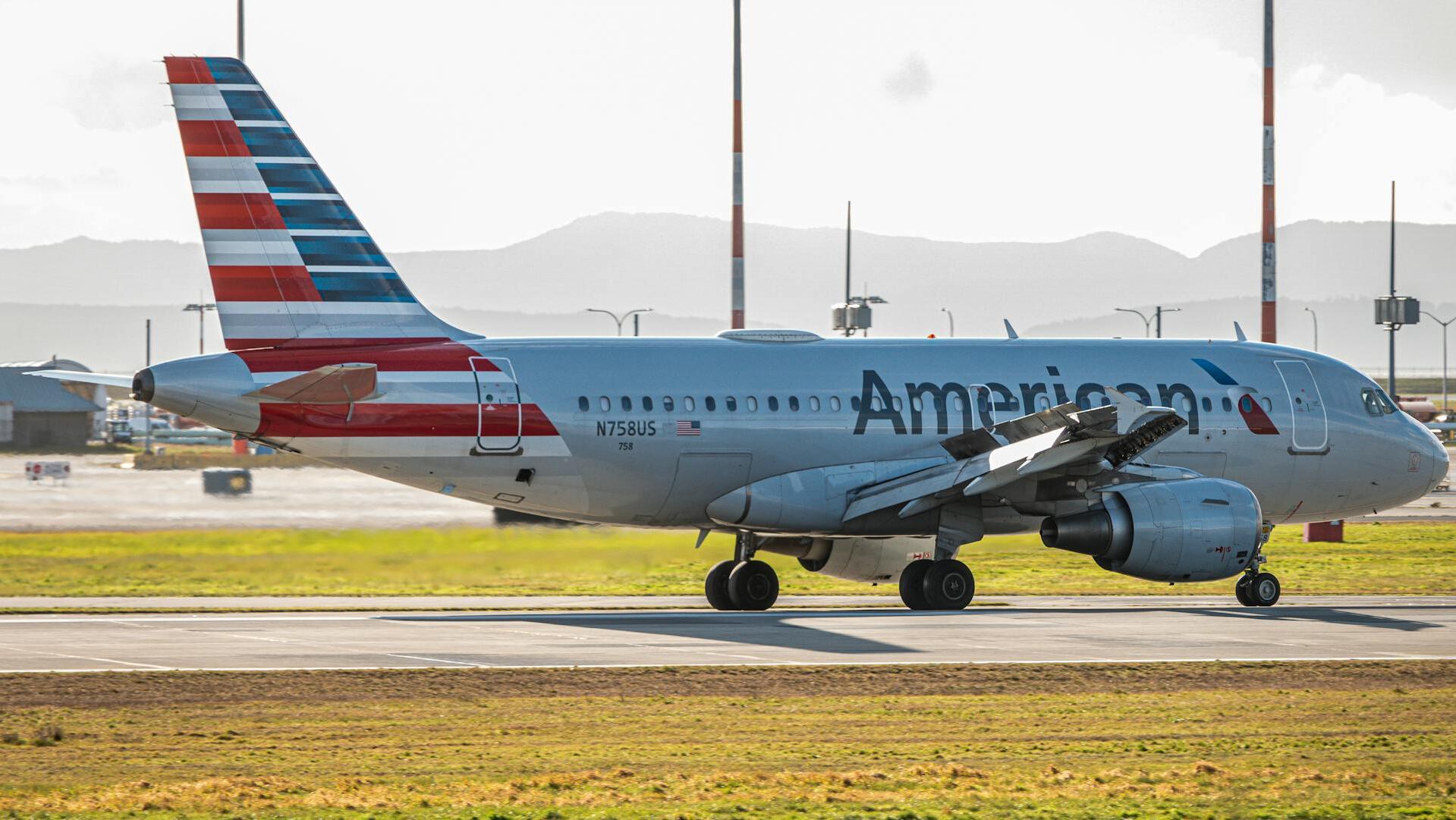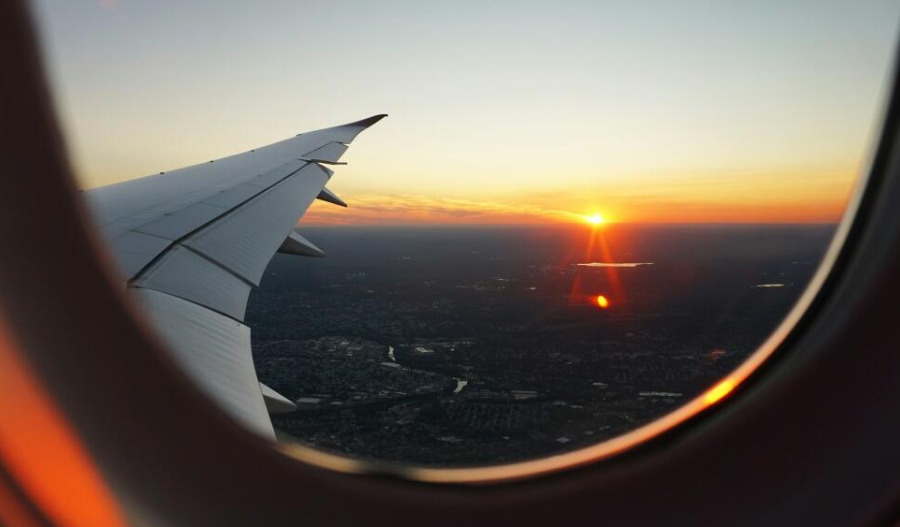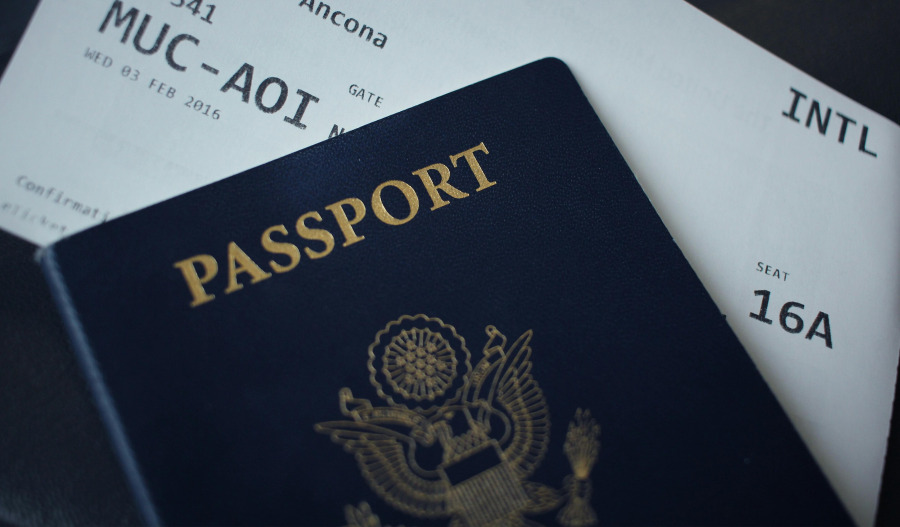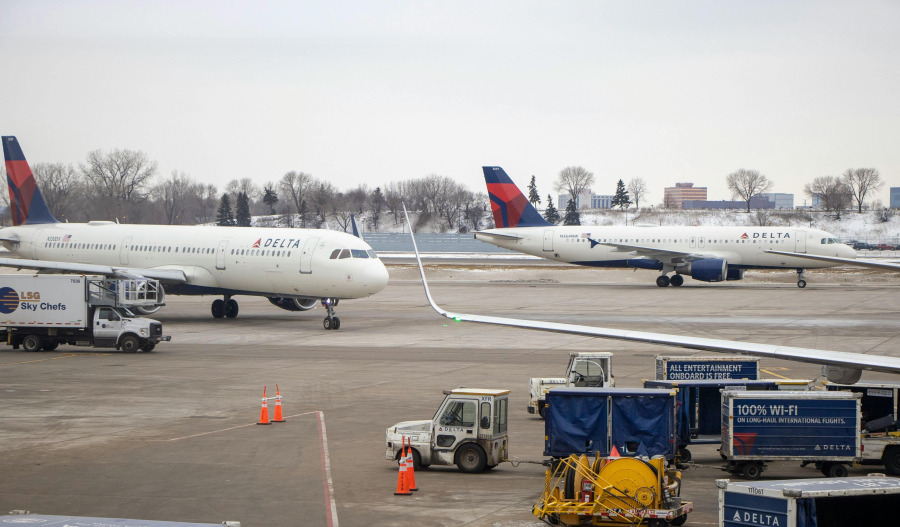The United States could require travellers from some countries to post bonds of up to US$15,000 to receive a visa, under a new pilot program.
Visitors applying for U.S. tourism or business visas from countries with high overstay rates would need to pay a refundable bond, according to a draft of the new rule. The 12-month pilot program is set to begin later this month.
“The Pilot Program will enable the [State] Department to assess the operational feasibility of posting, processing, and discharging visa bonds, in coordination with the Department of the Treasury and the Department of Homeland Security, and to inform any future decision concerning the possible use of visa bonds to ensure nonimmigrants using these visa categories comply with the terms and conditions of their visas and timely depart the United States,” the draft rule says.
“Visa bonds may be required from certain applicants for B-1/B-2 visas who are nationals of countries identified by the Department of State as having high visa overstay rates, where screening and vetting information is deemed deficient or, Citizenship by Investment, if the alien obtained citizenship with no residency requirement.”
The State Department has yet to announce which countries would be affected, though it said it would do so at least 15 days before the pilot program begins.
It also has not released details on how the required bond will be calculated for each traveller, though payments will be US$5,000, $10,000, or $15,000 per visa.
Citizens of Canada, Mexico, and visa waiver-eligible countries like Australia are exempt.
According to the draft rule, these bonds would be paid through the U.S. government’s Pay.Gov platform, and held in a Department of Homeland Security account. Visitors must enter and exit the country through an airport approved by the U.S. government for the pilot program to comply with the bond.
A similar 6-month rule was issued during the first Trump administration in November 2020, but it was never implemented. This would have required tourism or business visa applicants from 24 countries with overstay rates above 10% to pay a bond of up to US$15,000.
Under the U.S. government's spending bill passed last month, travellers entering on tourism, business, student, or work visas will have to pay a “visa integrity fee” of at least US$250, though no start date has yet been announced. The U.S. also began blocking or restricting citizens of 19 countries, including Haiti and Iran, from entering the country in June.
Related content



